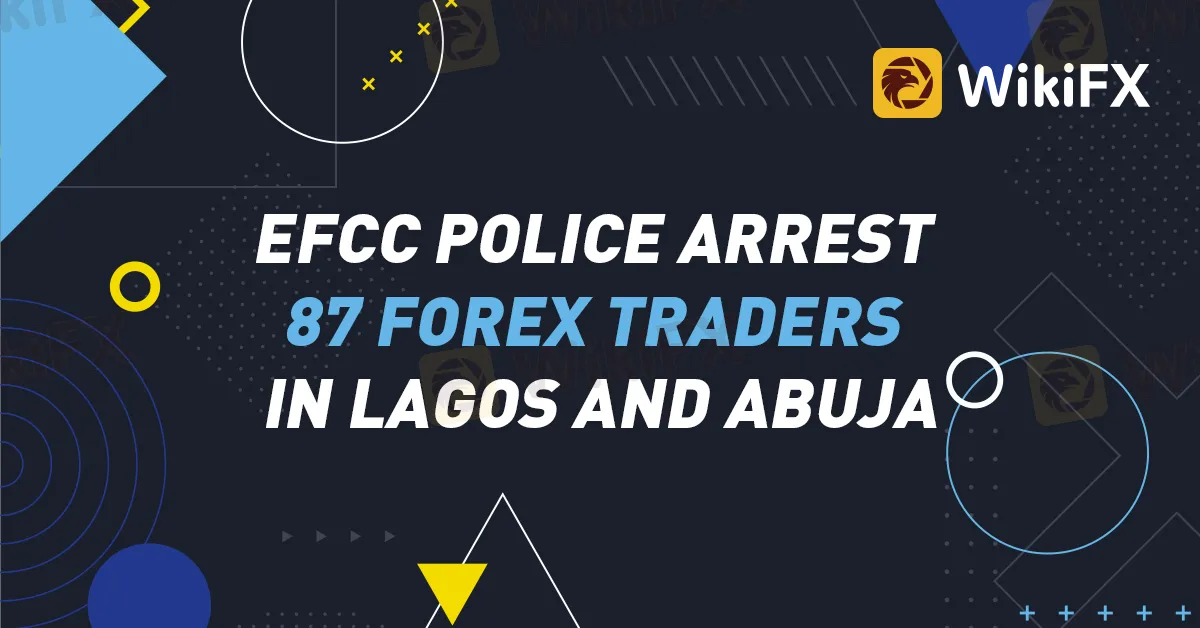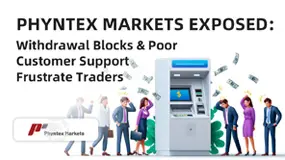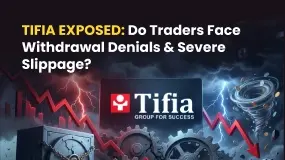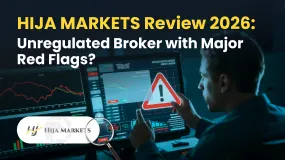Abstract:The Economic and Financial Crimes Commission detained 87 forex traders on Wednesday in the Federal Capital Territory, Abuja, Lagos, on its ongoing campaign against them in response to the nation's present dollar crisis.

The Economic and Financial Crimes Commission detained 87 forex traders on Wednesday in the Federal Capital Territory, Abuja, Lagos, on its ongoing campaign against them in response to the nation's present dollar crisis.
EFCC detectives raided various currency trading hubs in Abuja and searched their vaults for hidden dollars and naira.
40 people were detained on Tuesday during a raid of the Association of Bureau de Change Operators' Zone 4 Wuse offices, the operators later detained no less than 25 legitimate and illicit forex traders, bringing the total number of arrests in the Federal Capital Territory to 65.
On Wednesday, EFCC arrested roughly 14 forex dealers in Lagos, while eight more were apprehended at the renowned Bureau de Change market in Wapa, a district of Kano city.
This development occurred just 24 hours after Ismaila Atumeyi, a New Nigeria Peoples Party candidate for the Kogi State House of Assembly, was detained by anti-graft commission agents while in possession of N326 million and $140,500.
In a sting operation on Sunday, October 30, 2022, at Macedonia Street, Queens Estate, Karsana, Gwarinpa, Atumeyi, who is running to represent Ankpa 11 Constituency in the Kogi State House of Assembly, was also apprehended.
Detectives from the EFCC raided some BDC locations in other states as well as forex dealers on Lagos Island's Broad Street.
Under anonymity, forex dealers who talked said EFCC agents arrived in two buses, and approximately 14 BDC operators had been detained in Lagos.
Tuesday-starting action against the BDCs in the states of Lagos, Anambra, Oyo, and Rivers.
Speaking about the raid in Abuja, however, Mallam Muhammed Nera, Assistant Provost of the Association of Bureau de Change Operators, Zone 4, Wuse, revealed that 13 out of the 25 people detained on Wednesday had been released; he added that their phones, however, remained in the EFCC's custody.
Nera, who was clearly upset, said, Forty people were arrested on Tuesday, but they almost all got their freedom, but they kept their phones, which they got back on Wednesday. Before releasing their phones, they kept them the entire day.
They returned today (Wednesday) and detained 25 people. They imprisoned 12 of them and freed 13 of them without their phones. More than 30 phones were taken; they even took some bankers' phones who were hunting for depositors. When they were about to leave, they realized their mistake and gave the phones back.
The BDC operators were persecuted because they were northerners, the forex dealer claimed, and insisted that the EFCC has not engaged in any racial profiling.
He pressed the anti-graft organization to make public the offenses for which the traders were being held, adding that they were regular Nigerians engaged in legal commerce.
They (EFCC agents) learned that people were bringing naira to the market to exchange for dollars, according to Nera. What in that is bad? Is the money stolen? Inform us if the money was stolen. Together, we can help find those responsible for the theft of their money.
They made threats to vandalize our offices. They threatened to break down any locked offices they encountered. They did not display a warrant; instead, they simply entered offices and engaged in illicit activity. Just because they are the EFCC does not mean they had a warrant. Anyone can claim to be the EFCC by donning an EFCC jacket.
The ABCO officer responded, “They didn't collect money; it was just the harassing and intimidation of people,” when asked if the operatives took any money. A bureau de change is an authorized enterprise. We operate legally, exactly as banks, and we have our credentials.
About 90% of bureau de change employees are from the north, he continued. We believe that they are harassing us because we are from the north. Although this business is not just for people from the north, it is primarily operated there and in Lagos.
They just want to harm us because we have been silent, they claim. Every time, they have harassed our employees; it is bothersome. They are breaching the law; nobody is above the law. We're going to file a petition with the National Assembly and sue them. We're going to battle till the bitter end.
It's true that 70% of us didn't finish high school, but does that mean we can't afford to buy a car? They would claim that it is Hausa (aboki) commerce. It's horrible what they're doing. We're going to pursue legal action. What, or is it because we are aboki? This is repulsive, unjust, and God is watching.
“Some people were even dozing off in their desks, and they would repeatedly ask them to open up and show them their money and other valuables. Don't you think you'd see dollars if you went to a bank? We are conducting cash business,” he remarked angrily.










